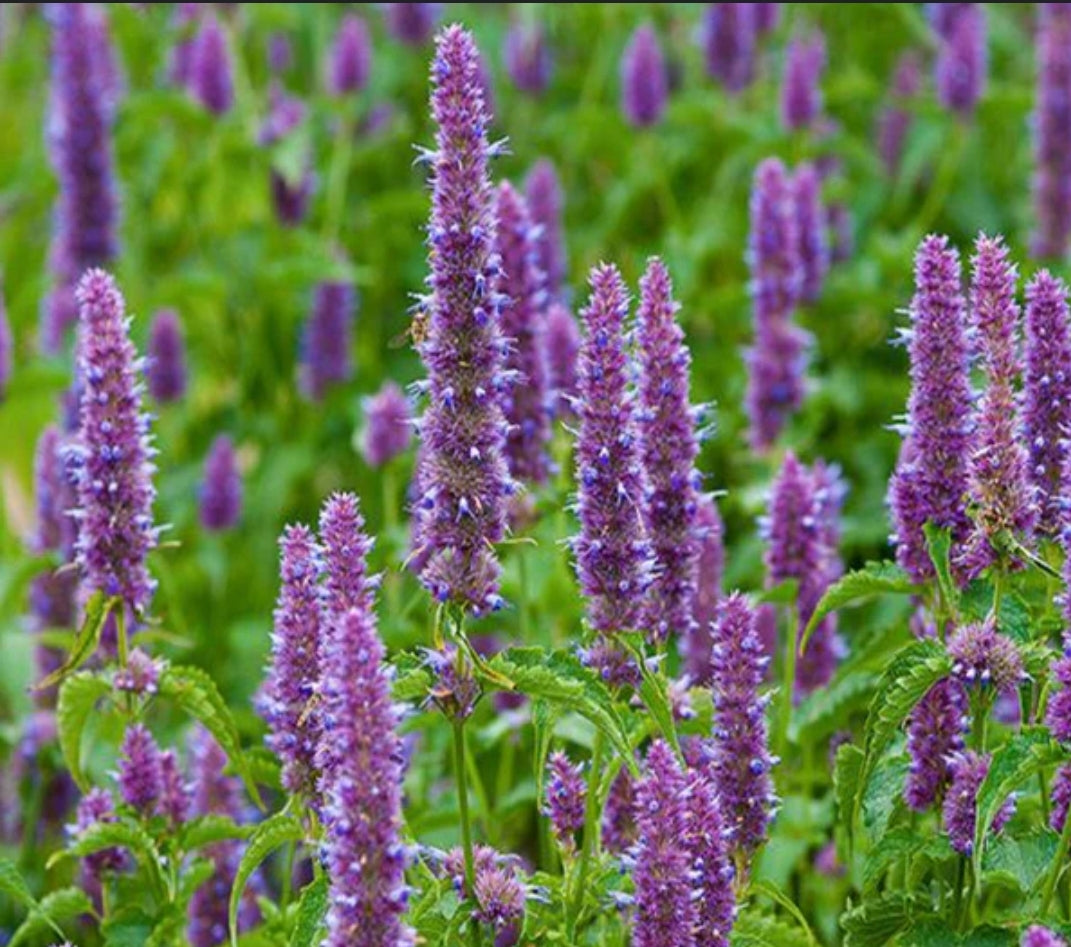
Patchouli: A Complex and Controversial Fragrance
Patchouli: A Complex and Controversial Fragrance
Patchouli, a scent that evokes strong reactions, has a rich history and complex aroma. Often associated with the counterculture of the 1960s, patchouli has transcended its bohemian image to become a beloved ingredient in modern perfumery.
The Patchouli Plant
Patchouli is a tropical perennial herb belonging to the mint family. It has a bushy growth habit with erect, square stems and oval-shaped, wrinkled leaves that release a strong, earthy aroma when crushed. The inconspicuous flowers are small and white, clustered in spikes.
Origins and Cultivation
Native to Southeast Asia, particularly Indonesia, Malaysia, and the Philippines, patchouli has been cultivated in various tropical regions worldwide. Today, major producers include Indonesia, China, and Singapore.
Extracting the Fragrance
Patchouli essential oil is primarily extracted through steam distillation of the dried leaves. The process involves passing steam through the plant material, capturing the aromatic compounds. The resulting oil is a viscous, deep brown liquid with a potent aroma.
A Base Note with Depth
In perfumery, patchouli is classified as a base note, contributing depth, richness, and sensuality to fragrance compositions. Its complex aroma features earthy, woody, and slightly sweet facets, with a touch of muskiness. Patchouli is often used as a fixative, helping to prolong the longevity of other fragrance notes.
Health Benefits and Traditional Uses
Patchouli has been used in traditional medicine for centuries. It is believed to possess antiseptic, anti-inflammatory, and antidepressant properties. The oil is often used in aromatherapy to promote relaxation, ground the senses, and uplift mood. Patchouli has also been used in skincare for its potential benefits for oily and acne-prone skin.
Cautions and Considerations
While patchouli is generally safe when used appropriately, it's essential to use it with caution. Some individuals may experience allergic reactions to patchouli oil. Pregnant and breastfeeding women should consult with healthcare professionals before using patchouli products.
Complementary Fragrances
Patchouli's complex aroma pairs well with a variety of fragrance notes. It complements earthy scents like vetiver and cedarwood, creating a grounding and sensual blend. Patchouli also harmonizes with sweet, floral notes like rose and jasmine, adding depth and richness to the composition. For a contrasting effect, consider combining patchouli with citrus top notes like bergamot or lemon.
Patchouli, with its complex and captivating aroma, has evolved from a countercultural icon to a versatile ingredient in modern perfumery. Its ability to evoke strong emotions and create unique fragrance experiences continues to captivate fragrance enthusiasts worldwide.